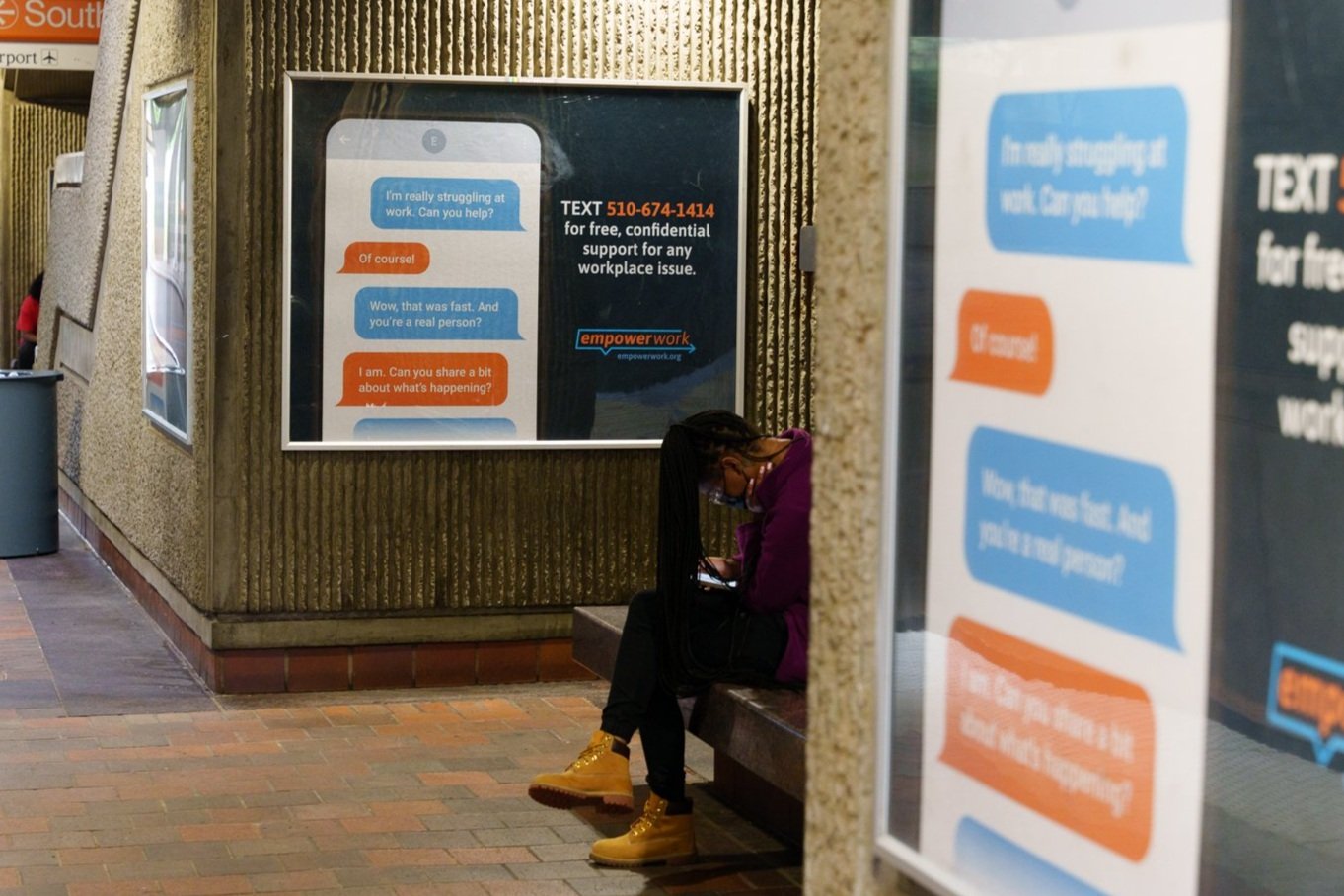Feeling disengaged at work? Maybe it’s loneliness
Do you find it difficult to feel enthusiastic about your job? Maybe you’re one of the 68% of full-time employees who are not fully engaged with their work or the 18% actively disengaged according to the Society for Human Resource Management. Disengaged employees make up the majority of the U.S. workforce, a reality that has persisted for as long as researchers have been studying this.
Disengagement has many causes, from boreout with job tasks or burnout from overwork to feeling disconnected from the organization’s mission. But for most of us, even good work is not enough. We also need social connection.
The ways we’re working can interfere with our ability to find social connection, both in and out of the workplace.
Why is social connection important?
Earlier this month, the Office of the Surgeon General announced it was focusing on a new priority, the loneliness epidemic, the extent to which lack of social connection is harming people’s physical and emotional health. Lack of social connection increases the risk of conditions like high blood pressure and diabetes, and makes those diseases harder to manage. People with fewer social connections have a higher risk of developing depression.
How do our work lives affect our feeling of social connection?
Unsafe and disrespected at work
At Empower Work, our data shows that 70% of workers feel disrespected or unsafe at work. If you don’t feel your employer or coworkers care about you or your safety, that is very isolating. In thriving workplaces, where workers feel their boss cares about them as a human being, people find common bonds, support and learn from one another, and can even have fun.
In unhealthy workplaces, workers feel like they have to put up walls to guard themselves against microaggressions, bullying, or other problems. Frequent layoffs make people less inclined to make friends at work, and disrupt existing relationships.
Feeling alienated from coworkers
Maybe you’re a newcomer in a company with a tight-knit group of old timers. Or you’re the only woman, the only LGBTQ+ person, or the only member of your ethnic group. Or you’re much older or younger than your coworkers. Even where you don’t have much in common with your coworkers, if the employer cultivates a strong sense of shared purpose, the company mission or dedication to customers can be a source of social connection.
Structural aloneness
In the 1880s, one slogan of the labor movement was “8 hours for work, 8 hours for rest, 8 hours for what we will.” But you may not be able to strike that balance. A long commute, long hours, or multiple jobs can eat into your time to spend with family and friends, or to participate in community activities. These demands also limit your ability to socialize with coworkers to build friendships.
Ask for support
If you’re lonely at work, you can take action by finding small ways to reach out — on and off the job. Are there one or two coworkers you might like to talk with on breaks? Could you text or call a relative or friend during the work day? One study by a pair of psychologists suggests that talking to strangers on your commute can make you happier. If you work facing customers, you might make an effort to connect with those customers, not just your workgroup.
The Surgeon General’s additional recommendations for individuals also include minimizing distractions when talking to other people, discussing social changes with your health provider, taking opportunities to serve others, and reaching out for support when you need it.
Empower Work peer counselors are here to help if you need a moment of human connection and to help you find strategies to handle your situation. Text 510-674-1414 or open a web chat to chat with a trained volunteer.
*Note: Empower Work provides non-legal support for workplace challenges. This information, while authoritative, is not legal advice or guaranteed for legality. Employment laws and regulations vary by state. We recommend consulting with state resources for specific interpretation and decisions. If you believe you were discriminated against in violation of the law, we recommend you seek legal advice.

